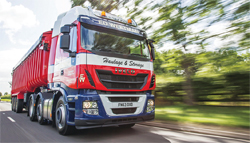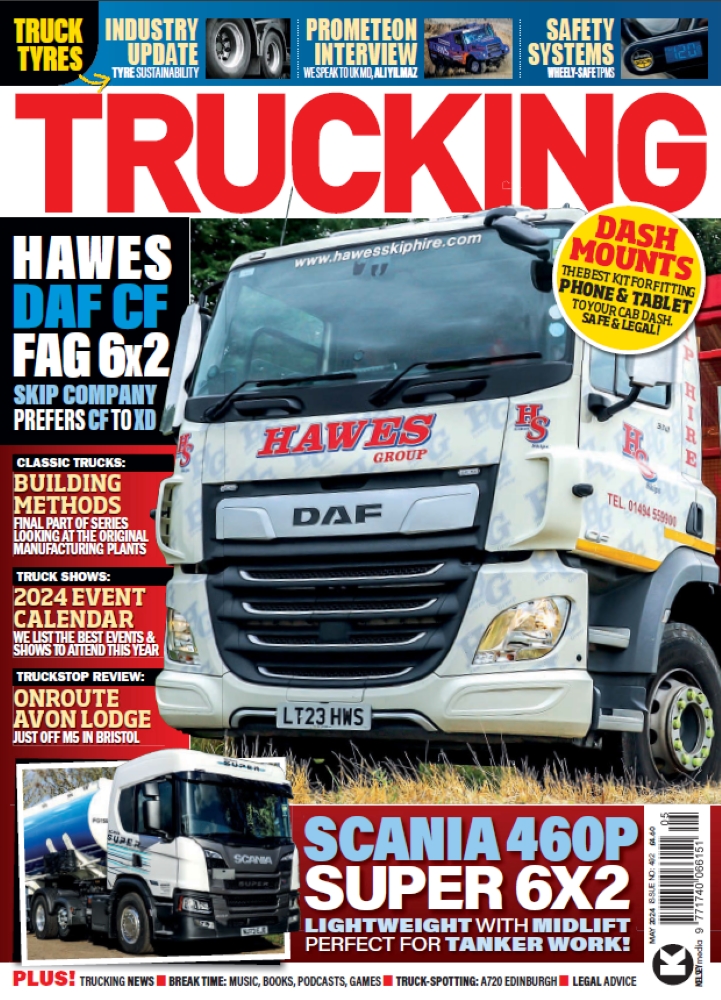
By Andy Stewart
Photography Iveco
The number of trucks registered during 2013 has led to a ‘gross distortion’ in the market, far outweighing even the predictions of the Society of Motor Manufacturers and Traders (SMMT), according to Iveco UK’s managing director Claudio Zanframundo.
Speaking at the Italian manufacturer’s annual State of the Nation press conference, Zanframundo described the market in 2013 as “extraordinary”, with a Q4 93 per cent boost in registrations across the industry accounting for 10,500 vehicles extra – including a staggering 1000 truck registrations in a single day (December 18, 2013).
But far from the spike in registrations being an indicator of economic prosperity or increased consumer demand, Zanframundo put the rise largely down to the impact of Euro 6, meaning any Euro 5 vehicles built after October 1, 2013 had to be registered before year end, and were not eligible for derogation. Registrations in October were up 32 per cent, November up 39 per cent and December a huge 217 per cent.
“2013 CV registrations are evidence of just how distorted demand can get when factors outside the norm come into play,” said Zanframundo. “The effects of legislation and the demand it creates can be bad for an industry. It can lead to instability – and that’s bad for investment, bad for planning and the last thing you need in a recovering economy.”
Despite the distortion, Zanframundo described Iveco as having had “a good year overall”. The marque saw a significant 31.3 per cent increase at 7.5 tonnes, despite the market only rising 18.9 per cent – boosting Iveco share from 15.6 per cent to 17.2 per cent. Its share of the 10-12 tonne market rose 21.1 per cent in a market up 6.4 per cent, boosting Iveco share to 13 per cent. At 13-15 tonnes, Iveco more than trebled volumes, attaining 18.5 per cent share. And at 18 tonnes, where the market went up 17.2 per cent, Iveco went up 18.4 per cent.
Finally, in the three-axle tractor market, Iveco saw a rise of 42 per cent in a sector up 31.9 per cent overall.
Looking at the year ahead, Zanframundo was cautious: “Trucks that would normally have been ordered this year have already been delivered, and that is going to result in reduced order entry in Q1 because operators have already taken Euro 5 vehicles instead.”






